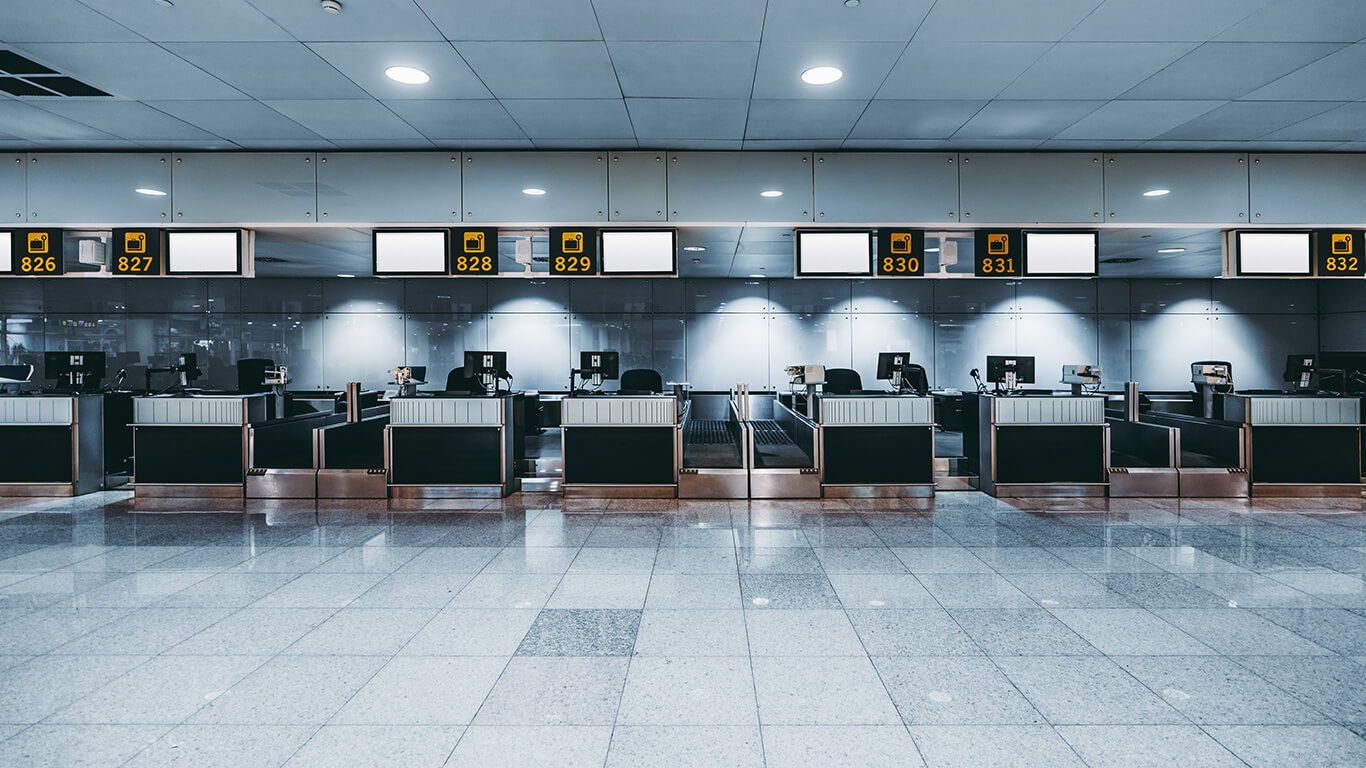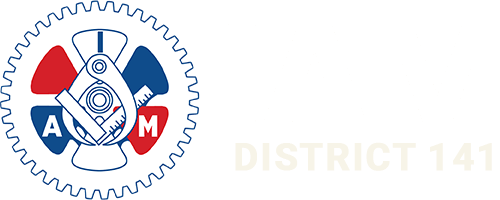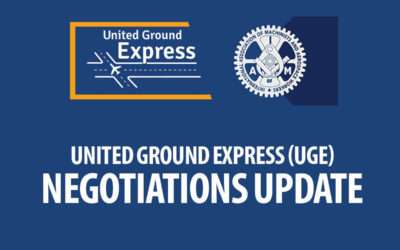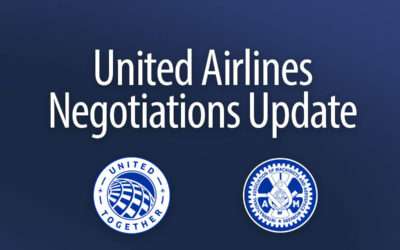
Can Airlines Require Employee Vaccinations? 5 Things to Know
Lee este mensaje en español >>
Last week, United Airlines CEO Scott Kirby raised eyebrows when he said in an interview that he would like to see mandatory vaccinations for employees at the airline. Here are a few facts to keep in mind:
United is not planning to require COVID-19 vaccines right now, and it might not happen at all.
Kirby said United cannot realistically mandate vaccinations unless other airlines and companies do the same and require their employees to take them as well.
Following Kirby’s statement, sources at several airlines, including American, Alaska, and Delta, said they have no plans to require vaccinations for their employees. A spokesperson at Southwest Airlines said the carrier would ensure that all employees would get vaccinated, but without mentioning mandates. The airline recently pledged to provide free vaccines to all employees, and to require its health plans to cover all associated administrative costs.
Right now, mandating mass vaccinations does not appear to be an idea that has much support in the aviation industry, especially when other options exist such as incentives and making immunizations freely available (as Southwest is doing). Some retail and grocery chains are offering incentives ranging from paid time off, health benefit credits, and even cash payouts and gift cards to encourage employees to get vaccinated. These policies present their own set of challenges involving privacy and discrimination concerns. But, since the CDC does not expect large numbers of vaccine doses to become available for several months, vaccine mandates are a moot point in the near term.
Companies can legally require vaccines, and airlines have been doing it for years.
In December, the Equal Employment Opportunity Commission (EEOC) ruled that requiring employees to take a COVID vaccine does not violate the Americans With Disabilities Act (ADA). Legal experts are in broad agreement that employers may require vaccines for those who want to do certain jobs, and to reduce risks to customers and their workforces.
Many companies already require vaccinations and other job-related medical examinations. Medical staff, teachers and students, workers in the adult industry, and military service members are a few examples of occupations where vaccinations are required to protect employees from diseases. Airlines have been requiring vaccinations for employees such as pilots and flight attendants for years.
As for the COVID vaccines specifically, airlines may not have a choice whether to require vaccinations, especially those carriers that fly to international destinations. Many countries are drafting requirements for everyone traveling in or out of their borders, including vaccinations. As this happens, anyone traveling to those areas will need to get vaccinated against COVID – both passengers and flight crews alike.
IAM District Lodge 141 considers a mandate for COVID-19 vaccines to be unnecessarily controversial and will grieve any attempt to discipline employees who choose to wait. Instead of punishments, companies should use incentives first.
Patience and understanding are required at this time. Attempts to impose vaccinations may trigger opposition to immunization programs that are vital to the survival of airlines and airline work. Some workers will only take part reluctantly, and companies may lose valuable employee trust. We must also recognize that mistrust for vaccines historically runs high among some ethnic and racial minority groups, but these groups are also the ones that have been hardest hit by the coronavirus. Workers who are afraid of the COVID vaccines, however, will most likely lose some of their fear once they see their coworkers getting safely vaccinated. It makes sense to let those who are unafraid and willing to combat the pandemic directly go first. Later on in the rollout, the more timid employees can re-evaluate their willingness to participate. Mandates, simply put, are likely to backfire and slow down the process of immunizations.
Companies can facilitate programs to help workers get immunized promptly. Setting up facilities on-site, offering incentives such as paid time to get vaccinated, and covering any associated costs are far better options than making authoritarian edicts.
Employees with specific disabilities and sincerely held religious beliefs may have additional legal rights that employers must respect. The EEOC can offer further guidance and legal assistance.
Both SARS-CoV-2 vaccines currently available are safe and effective in preventing the transmission of COVID-19.
Before becoming available for public use, each COVID vaccine goes through extensive testing and oversight. They must pass rigorous clinical trials, meet stringent federal guidelines, and undergo continuous monitoring for side effects, allergies, and any other problems.
All FDA-approved COVID-19 vaccines available today are proven safe and effective against the Coronavirus. However, the CDC recommends that anyone who had an anaphylactic (life-threatening) reaction to the first dose of a COVID-19 vaccine should not have a second dose. It also advises anyone who is allergic to any ingredients in COVID-19 vaccines to not get vaccinated. Any employees who fall into those categories should be exempted from any vaccine mandate. These allergies have arisen in a tiny number of recipients, but no fatalities or severe reactions have been recorded.
None of the approved COVID-19 vaccines have resulted in any serious health concerns; from clinical trials to real-world use. No fatalities or serious injuries have been reported from the millions of injections that have occurred so far. In contrast, the coronavirus has killed more than 433,000 people in the US, and thousands more are suffering from long-term effects as a result of contracting the deadly disease.
In recent years, anti-vaccine sentiments have become popular in some groups, but there is no real-world basis for vaccine panic.
Widespread vaccinations against COVID will help achieve the “herd immunity” to the virus that is necessary for the airline industry to carry enough passengers and return to profitability over the next few years… and the only way that most airline workers will remain safely employed.
More information about the safety of vaccines is available from Johns Hopkins University.
Without mass vaccinations against COVID-19, airline work will become extremely precarious. Anyone working at any airline could suddenly find themselves out of a job.
Since the pandemic was declared in March 2020, travel has plummeted from more than 2 million passengers a day to a low of below 90,000. Nearly a year later, air travel is less than half of what it was in 2019. Airlines are asking for billions of dollars in supplemental government aid so they can survive while the pandemic rages worldwide. In spite of all that help, more than a dozen airlines have declared bankruptcy, resulting in thousands of jobs lost permanently. Even with mask mandates, COVID testing, and other measures, airline traffic is still far from levels that can support full employment for aviation workers. It is an untenable situation, by any standards.
The COVID vaccines are a lifeline for US airline workers. Americans are getting vaccinated at the rate of over one million people a day, and President Biden’s administration has set a goal of over 100 million shots delivered within the next 100 days. Even at that rate, it could still take over a year to vaccinate 350 million Americans and end the pandemic once and for all. For airlines burning through mountains of cash daily, the sooner Americans get immunized on a mass scale, the sooner airlines can recover. But, for companies, the best and fastest way to accomplish that is by using incentives, not mandates.
What are your thoughts on this topic? Do you support or oppose mandatory vaccinations for airline workers? Let us know in the comments section, and take the poll below.
Recent Articles
United Ground Express Negotiations Update
During these sessions, we...
United Negotiations Update for May 13, 2025
We are making steady...
UGE Negotiations Update
We exchanged and discussed...



0 Comments